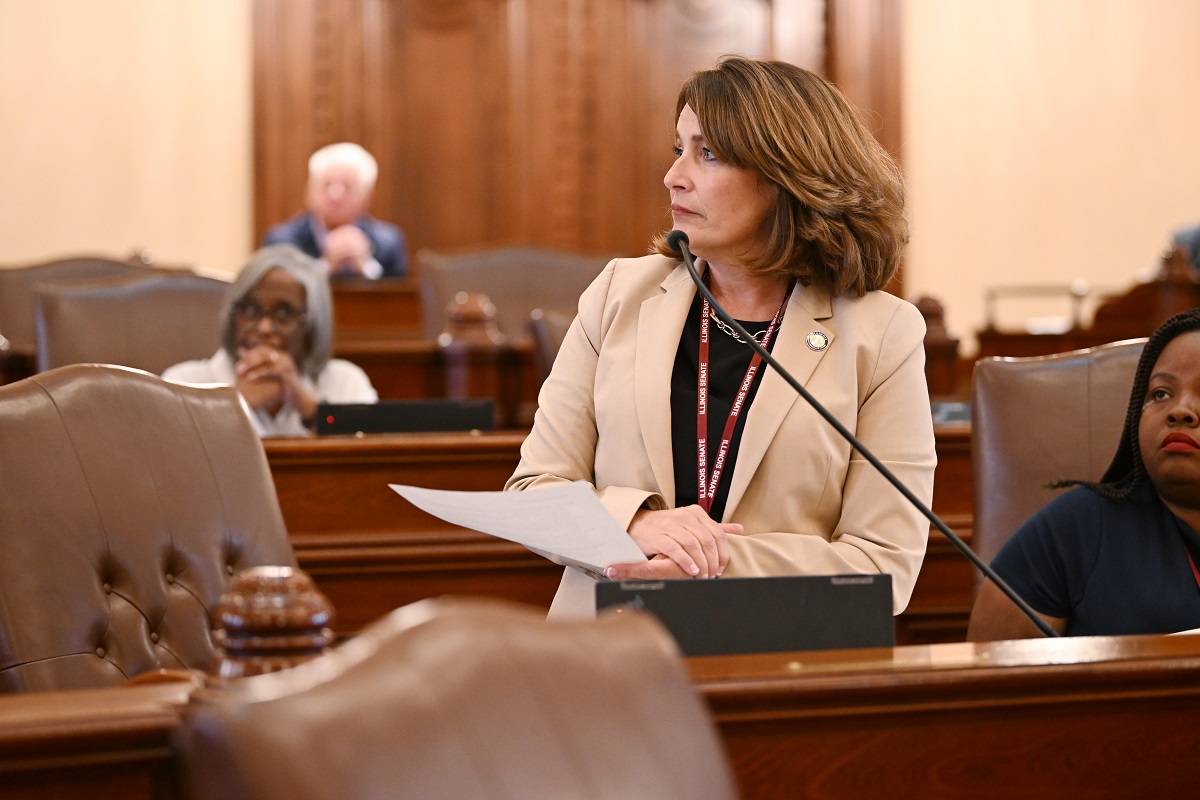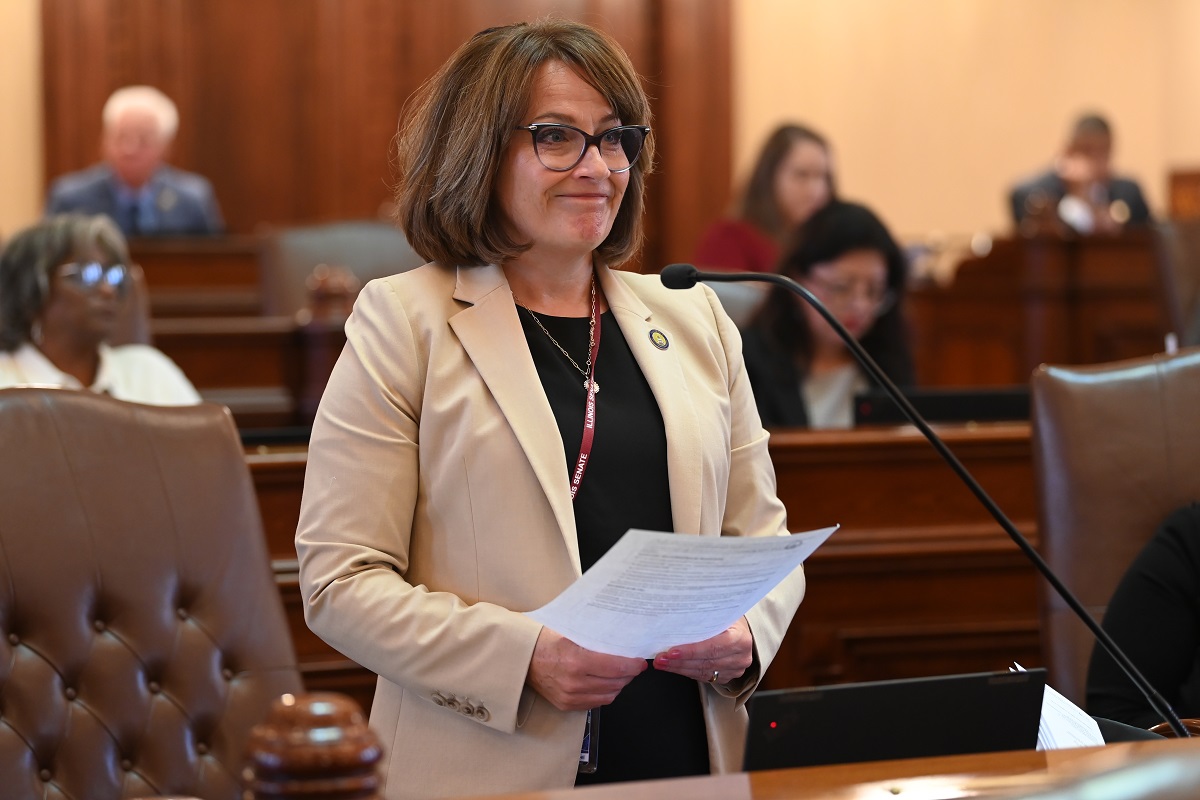CREST HILL – State Senator Meg Loughran Cappel (D-Shorewood) released the following statement after the U.S. Department of Health and Human Services announced the freezing of $10 billion in federal funding for social services and child care, including $1 billion for Illinois:
“The federal administration’s actions speak volumes about their priorities. Freezing federal dollars for our state is not only an insult to working families, but it will have a lasting effect on our child care system. It's not only local daycares that will close, but after-school programs like Girls and Boys Club or the local YMCA also rely heavily on this funding and may be forced to close their doors if the Trump administration gets their way.
“As a state senator, lifelong Illinois resident and a former educator, I will never turn my back on our children, working families, seniors and people with disabilities.”

CREST HILL – State Senator Meg Loughran Cappel is urging federal lawmakers to resolve the ongoing government shutdown to prevent the cessation of Supplemental Nutrition Assistance Program, or SNAP, benefits, come Nov. 1. Nearly two million Illinois residents rely on SNAP to provide basic nutrition for themselves and their families.
"Everyday people rely on SNAP benefits which serve as a vital lifeline to keep food on the table," said Loughran Cappel (D-Shorewood). "It’s time to put politics aside. Families across Illinois will go hungry because of a political gridlock. Urgent action is needed."
SNAP provides critical support for children, seniors, veterans and individuals with disabilities, offering the nutrition they need to live healthy, productive lives. The federal government shutdown threatens to halt these benefits immediately, putting millions at risk of food insecurity – including the 22,375 people in the district Loughran Cappel represents who rely on SNAP benefits.
Loughran Cappel stresses that a long-term solution requires immediate federal intervention.
Loughran Cappel is coordinating with state officials and community organizations to prepare for potential disruptions and to ensure vulnerable populations have access to emergency food assistance.

CREST HILL – State Senator Meg Loughran Cappel secured over $34 million to build and repair infrastructure in the 49th Senate District.
“When we invest in our roads, we increase safety, bring more jobs and boost the local economy throughout our communities,” said Loughran Cappel (D-Shorewood). “Our commitment to invest in everyday infrastructure continues to better the lives of residents across the state. Drivers deserve safe, reliable roads and that’s what they will see with these strong investments.”
The largest multi-year program to build and repair infrastructure in state history will invest $50.6 billion over six years, continuing an unprecedented investment in safety, mobility and quality of life made possible by the bipartisan Rebuild Illinois capital program. The Illinois Department of Transportation’s new multi-year program is both comprehensive and multimodal, with investments in roads and bridges, aviation, transit, freight and passenger rail, waterways, and bicycle and pedestrian accommodations touching every Illinois county.
SHOREWOOD – State Senator Meg Loughran Cappel (D-Shorewood) released the following statement:
“In the early hours of Tuesday morning, my family and I experienced a deeply troubling incident when a shot was fired directly at our home. I am grateful to Chief Arnold, law enforcement and investigators for their work detaining a suspect and working diligently to get to the bottom of this.
“My family and I are safe and I’m thankful that no one was hurt. We are fully cooperating with law enforcement as they continue their investigation.
“At times like these, I am reminded of how precious peace and safety are in our communities. Violence is never the answer.”
Page 2 of 73